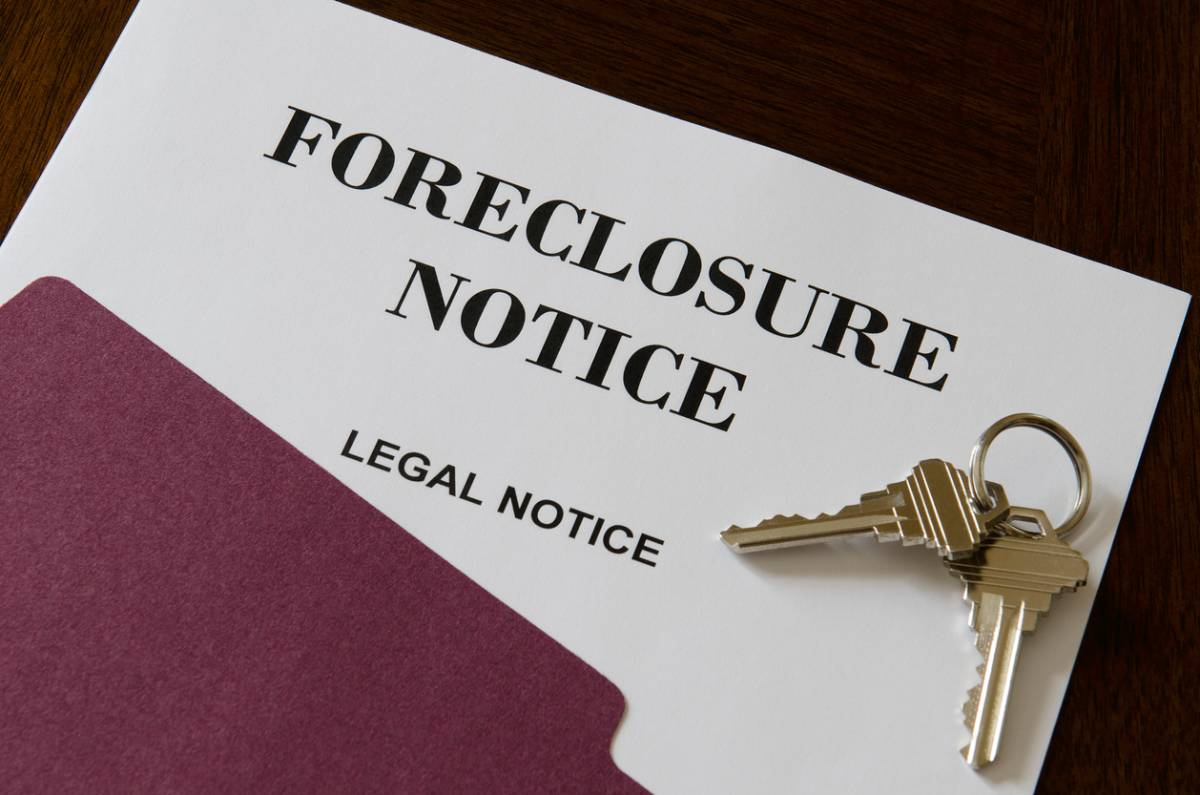Understanding the foreclosure process is important for all homeowners and potential home buyers. While nobody plans to deal with serious financial issues, it can happen to anyone. Understanding your rights during the process can help you avoid further issues. Below you will find the foreclosure eviction timeline.
Foreclosure Eviction Timeline
The foreclosure eviction process depends on which state you live in as it is governed by state law. No matter what the process is in your state, if you don’t leave the premises after your legal rights end you will be evicted.
Eviction Post-Foreclosure
There are two types of foreclosures, non-judicial and judicial foreclosures. A non-judicial foreclosure allows lenders to foreclose on a property without getting a court order first. A judicial eviction requires a court order. Depending on the type of foreclosure, the eviction process can either be separate or combined.
Non-Judicial Foreclosure
Evicting foreclosed homeowners is completely separate from the actual foreclosure process. Before moving forward with the eviction process, the bank often needs to give notice to the foreclosed homeowners. The notice is referred to as a “notice to quit” and provides a specific amount of time to leave the property. This can be anywhere from 3 to 30 days, depending on the state. Under California law, the notice to quit provides foreclosed homeowners with three days to vacate the premises.
If the foreclosed homeowner fails to leave the premises in the amount of time provided in the notice to quit, eviction proceedings begin. The bank (the “lender”) files an action with the court to remove the foreclosed homeowners. This action is referred to as an “unlawful detainer” or forcible entry and detainer.” This process can take months depending due to the slow nature of the judicial system.
There are some downsides for the foreclosed homeowner beyond just losing the home. This is why the vast majority of legal professionals suggest leaving the premises on the date indicated on the notice to quit. Forcing the lender to evict you through the court system results in the matter being public record. This can impact your ability to find housing in the future. Foreclosure can often impact your credit so it’s important to keep your record as clean as possible during the process to ensure that you can find alternative housing.
Judicial Foreclosure
Depending on your state, the foreclosure and eviction process can prove combined. This remains a much faster process in terms of the eviction as the two issues end up dealt with together. The bank must request a “writ of possession” or a “writ of assistance” which gives the local sheriff the power to remove the foreclosed homeowners. Once the court has granted this writ, the sheriff provides the foreclosed homeowners with 24 hours to vacate the premises. This usually comes in the form of a notice on the front door. If the premises remain un-vacated, the foreclosed homeowners and their respective belongings end up removed from the property.
Foreclosure Prevention
One of the best ways to avoid this process is to avoid and prevent foreclosure. There are helpful options outside of foreclosure. The financial ramifications of foreclosure can be detrimental to your future. A short sale can be an effective alternative that is financially beneficial as compared to foreclosure.
Avoid foreclosure by discussing your options with the top Los Angeles short sale realtors. The team at Apex Resolution can help find solutions beneficial for both you and your lender. They have helped countless homeowners negotiate with banks while utilizing their network of buyers to ensure your home sees purchase in a timely manner. Contact their office today for more information!
